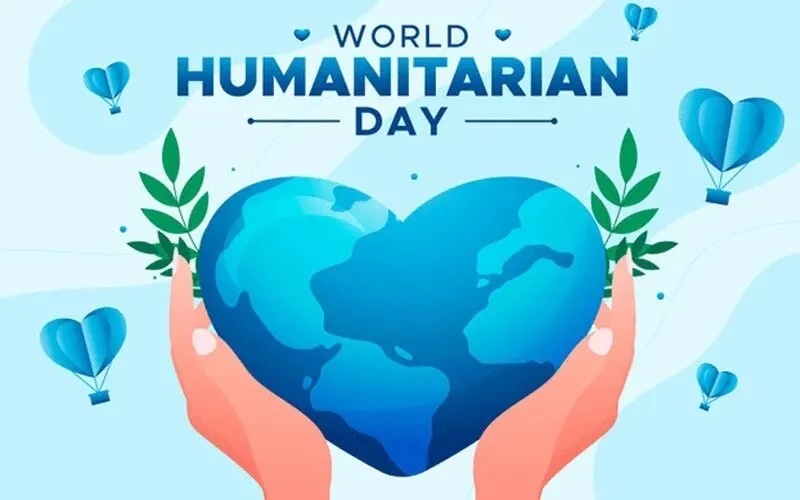“The St. Joseph’s Farm initiative is located on 25 hectares acquired by the Salesians. It is a center of excellence for crop production, animal farming, research and training, especially for youth and smallholder farmers,” SDB members in Nigeria say.
They add, “Each training session has 100 participants involved in farming activities and indirectly benefits more than 5,000 people.”
The St. Joseph’s Farm initiative “provides training for youth and the poor, especially widows and girls, enabling them to generate an income and reduce food insecurity,” SDB members in Nigeria say.
“The farm also improves methods of crop production and teaches climate resilient techniques and practices, which help to increase smallholder farmers’ productivity and revenue in a sustainable way,” they say, highlighting SDB initiatives in Nigeria on the occasion of World Humanitarian Day.
This year, World Humanitarian Day highlights the human cost of the climate crisis by pressuring world leaders to take meaningful climate action to safeguard the world’s most vulnerable people.
According to the United Nations (UN) Office for the Coordination of Humanitarian Affairs (OCHA), “The climate emergency is wreaking havoc across the world at a scale that the humanitarian community and people at the front lines cannot manage.”
The UN OCHA leadership notes, “Time is already running out for millions of the world’s most vulnerable people—those who have contributed least to the global climate emergency but are hit the hardest. Millions of people are already losing their homes, their livelihoods and their lives.”
“Salesian missionaries have an ongoing focus on the environment in their organizations around the globe,” officials of Salesian Missions say in their August 19 report, and explain, “The Don Bosco Green Alliance, an international collective of youth from Salesian institutions and organizations that contribute to global environmental action, thought and policy, was launched in April 2018 in India. In the span of just two years, the Don Bosco Green Alliance gained 273 registered members from 56 countries.”
In the report, the Director of Salesian Missions, Fr. Gus Baek says, “The Don Bosco Green Alliance is helping Salesian organizations in more than 130 countries have a focus on the environment.”
“Don Bosco Green Alliance members work to create an environment that is safe and caring for all life on the planet while building up a new generation of environmentally committed citizens and leaders,” Fr. Gus says in reference to the interventions by members of SDB in the fight against climate change in dozens of countries across the globe.








